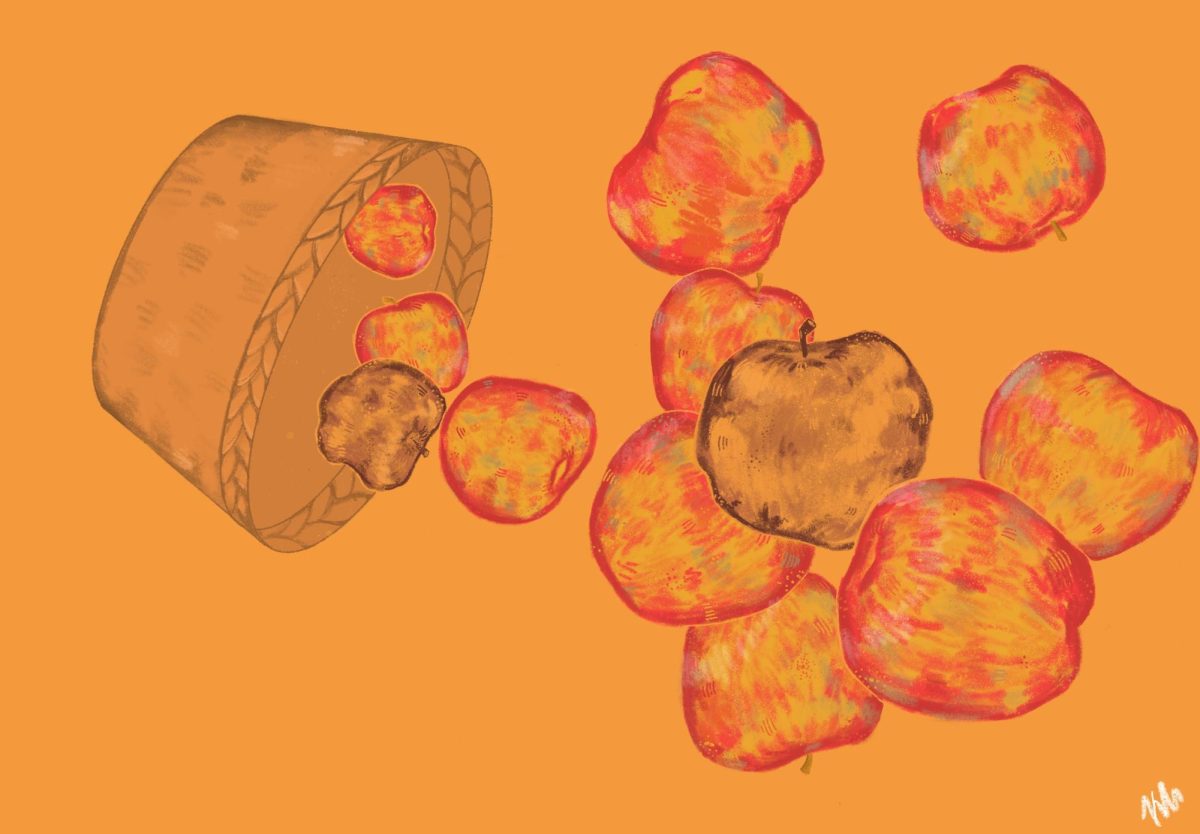I like history. I greatly dislike History. The difference in capitalization, then, represents the difference between what has happened in the past and man’s warped view of what has happened in the past.
History, the kind studied in books and taught in school, is often little more than a National Enquirer’s look at the events. What goes into our text books is what people decided happened, not necessarily what really did. According to Napoleon, history is “the version of past events that people have decided to agree upon”.
For example, Japan was in hot water after writing in their text books that during the Japanese invasion of China in World War II, the Japanese built hospitals and schools. They didn’t lie; they did build hospitals (for wounded Japanese soldiers) and schools (for the children of Japanese soldiers living on Japanese bases). History is not intuitive; it can be very easy to lied about. Just choose your own version of history to tell, and maybe, if you have enough power and people are intrinsically motivated to lie to themselves anyway, they will believe it.
That’s why people like to believe that Marie Antoinette said “let them eat cake”. It’s more fun to believe she did even though she didn’t, and so we do.
That’s why people like to believe that Rosa Parks was just a poor seamstress who was weary of standing at the back of the bus, and conveniently never mention that she was employed by the NAACP and told to refuse to give up her seat in order to make her a figurehead for the bus boycott that had already been planned.
Of course, the big events can’t be lied about. Japan invaded China during WWII. Marie Antoinette was executed during the French Revolution. There was a bus boycott in Montgomery. And yet, it’s still essentially not true if you know the some facts and some lies and not very many “why’s”.
And then, beyond the lies are the omitted details that warp views of history. For example, we celebrate Columbus Day but don’t mention that he became the father of the all that is politically incorrect when he named Native Americans “Indians”. Nor do we mention that he then made them slaves and gave them smallpox. But congratulations, Columbus, you managed to find a whole continent!
I find the issue of omittances to be most egregious in the case of figureheads; it seems that the history books pick one person to represent a group of like-minded people; the Wright brother, for instance, are accredited with inventing the airplane, although Sir George Cayley inspired the idea of lift that inspired German engineer Otto Lilienthal that inspired them, and moreover, Félix du Temple was given credit for the first successful powered flight in history in 1874. So why are the Wright brothers the most famous? Because the American picked their own to write the text books about? Because they were the direct springboard to the modern airplane? Because they got lucky?
It’s more than a flaw in History books. It’s an intrinsic flaw in the way we live, the way we let ourselves create history and write History. We simplify everything to its most basic parts so that we can remember; we pick figureheads because we can’t possibly remember everyone, and we believe things that we know probably aren’t true because it makes life easier, and everyone’s dead already, so it doesn’t really matter anyway.
There’s simply too much history to be remembered correctly. There’s too much and it’s too complicated and humankind has forgotten and remembered things and it’s impossible to keep up with history because History is changing under the impartial eyes of modern science. It’s not even “the man trying to keep us uneducated” but rather man being incapable of knowing everything, every detail, that defines history as it really is.
I know that. I understand that. That doesn’t mean, though, that I like it; rather, I greatly dislike it. I want to know the facts, as complicated and messy and unpleasant as they are. Maybe it’s the journalist in me, looking for the facts, and just the facts. Or maybe I just want to learn what’s real, and not spend my time memorizing ID’s and learning things that I’ll later discover weren’t really true, or were very misrepresented.
History is a lie, but history is the most complicated truth ever told. And so I’m left liking history, disliking History, and thinking I may be crazy for hinging so much on capitalization.









